Welcome New Impact Lab Design Fellows!
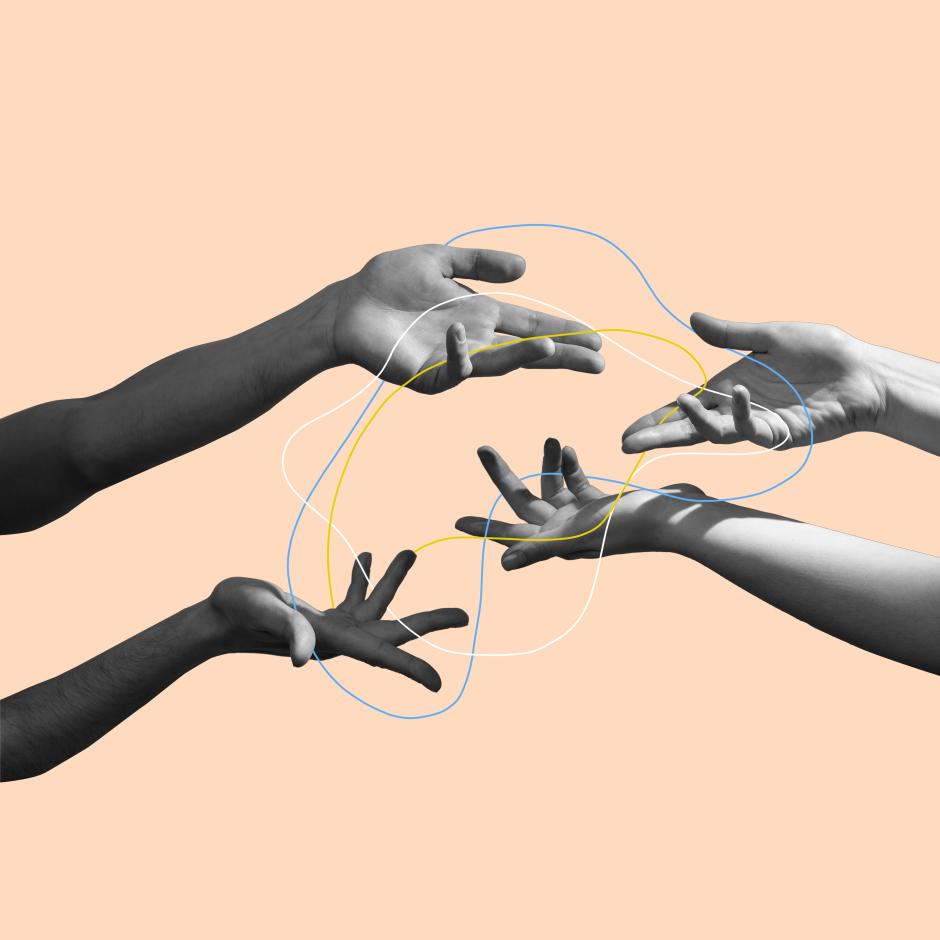
We are excited to welcome our newest Impact Lab Design Fellows: eleven faculty members from across the university who are motivated to build new research-practice partnerships to make an impact on education, migration, racism, health, political representation, and other social issues that affect people’s lives and well-being.
The Impact Lab Design Fellowship is the first of three staged and sequenced investments Stanford Impact Labs makes to spur leaders in government, business, nonprofits, and the university to work together to tackle social problems with new evidence and practical solutions. The fellowship is awarded to faculty who see the potential to use research to make progress on social problems and are looking for support to get started.
University-wide
The 2021-2022 fellows are faculty from the departments of history, medicine, economics, political science, and the graduate schools of business and education. Among the issues they will work on: migration, racism and mental health, depression and anxiety among women and girls, infectious disease in prisons and jails, women's political representation in South Asia, as well as language, literacy, and social emotional learning in schools.
Funding plus tailored, professional support
Each fellow receives $50,000 in seed funding, which often helps pay for a portion of a research assistant’s time. Fellows participate in monthly, three-hour sessions as a group. These interactive workshops are led by Stanford Impact Labs and Stanford faculty, with outside experts joining as guest speakers. After each workshop, fellows receive one-on-one support from Stanford Impact Labs’ professional staff and faculty advisors who provide feedback, advice, and facilitate introductions to other scholars and potential external collaborators in government, philanthropy, community organizations, and the private sector. Stanford Impact Labs also help fellows navigate typical hurdles faculty encounter when designing new approaches to impact-focused research, such as developing organizational plans and project management approaches or facilitating data sharing agreements between researchers and partners.
Designing new impact labs and building a culture of public impact
Over the course of the year, fellows develop a concrete path towards creating a new impact lab or pursuing another kind of organizational model for partnership-driven research. At the end of the year, fellows join the Impact Lab Design Fellow Presentation Day where they share their vision and strategy for future impact-focused work with a panel of policymakers, practitioners, community leaders, and philanthropic funders. Check out the summary of last year’s presentations and what the fellows had to say about the program, including the benefit of working with a team of faculty who share a common commitment to use their research expertise and learn with partners to make practical progress on important social problems.
Please join me in welcoming our 2021-22 Impact Labs Design Fellows:
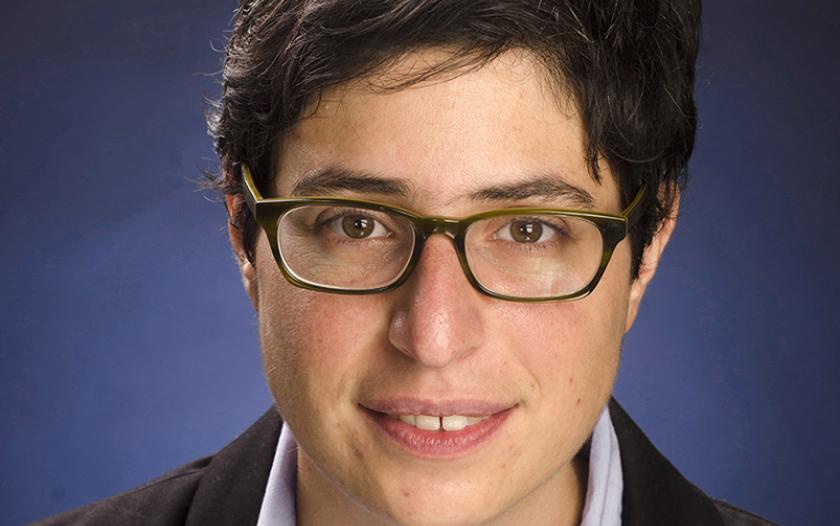
Ana Raquel Minian, Department of History
Migration from Mexico and the Northern Triangle of Central America
There is limited understanding of all the social, environmental, economic, and cultural factors that propel migration from Mexico and the Northern Triangle of Central America. Professor Minian will use historical knowledge and methodological expertise in oral histories to work alongside partners to design policies and programs that could address the factors currently forcing many people to leave their home countries.
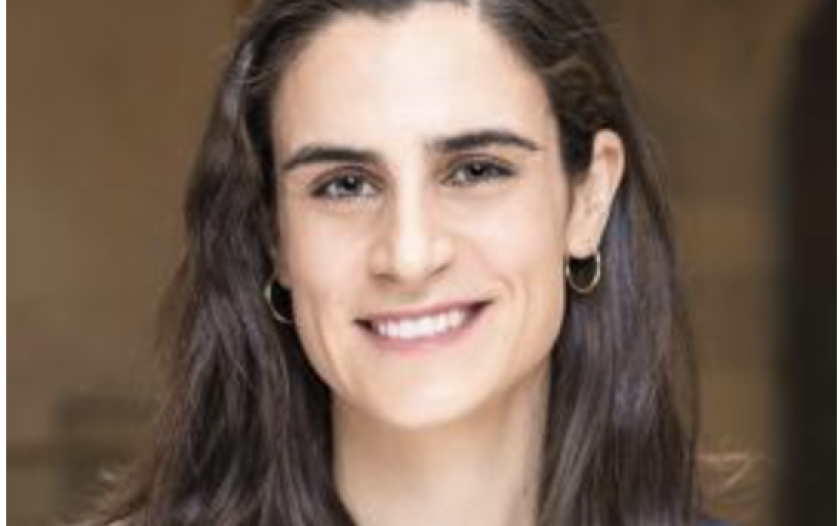
Claudia Allende, Graduate School of Business
School choices in Chile
Low income families in Chile are less likely to choose high performing schools in their neighborhoods, even when these schools are free and admission chances are determined by a lottery. There is evidence that providing relevant information at the right time may improve students' education decisions. Technology could play an important role in expanding the possibilities of school selection and supporting families with personalized information for the decision making process. Professor Allende is working with the Ministry of Education in Chile to develop a smart search platform to help parents make educational decisions for their children.
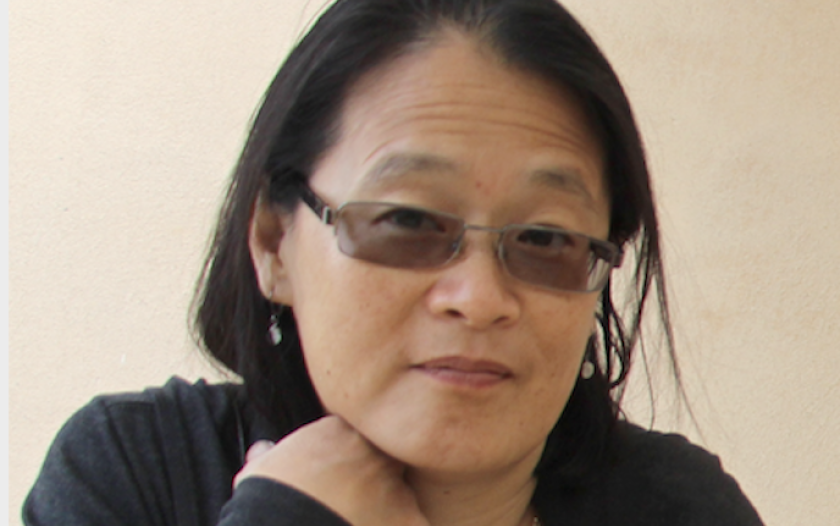
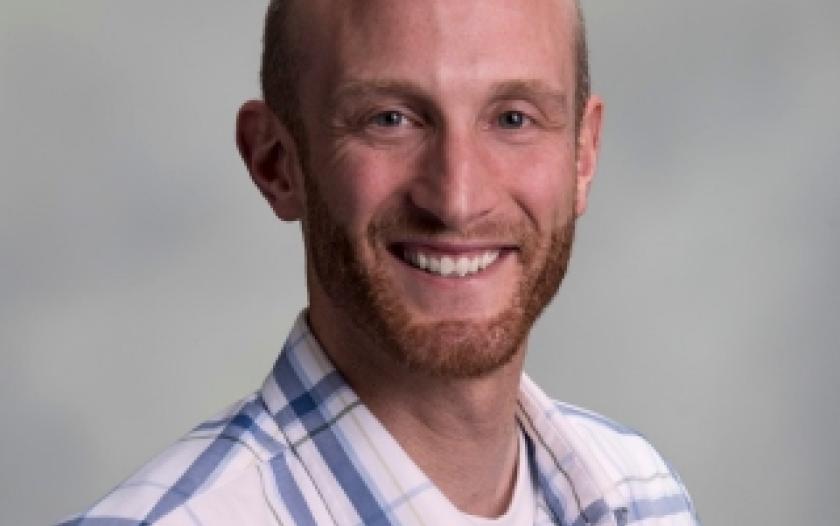
Ewen Wang and Ryan Matlow, School of Medicine
Health and well-being for asylum seekers in the United States
The U.S. government faces important challenges with unprecedented numbers of unaccompanied children and families seeking asylum. Many of those children and families flee their homes because of poverty, violence, and unstable conditions. Although attention is presently focused at the border, once children and families are allowed into the United States, there aren’t any immigrant-oriented, integrated health programs to promote health and well-being. Professors Matlow and Wang are working to explore solutions that enable equitable access to effective health programs that are integrated with social and legal services.
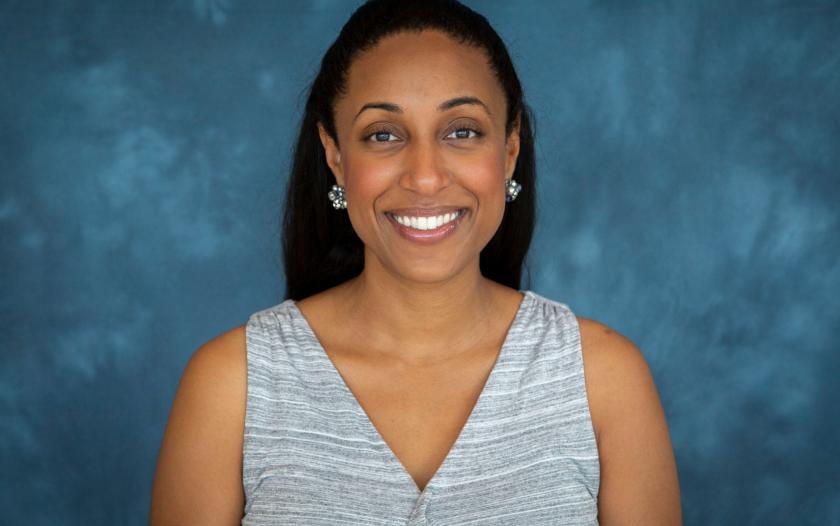
Farzana Saleem, Graduate School of Education
Racism and mental health
Racism is pervasive and it undermines the mental health and well-being of youth of color. A recent study found African American adolescents report an average of 5 encounters with racial discrimination per day. Racial discrimination and the resulting consequences can disrupt development and, if unaddressed, can contribute to race-based health disparities in adulthood. Professor Saleem, who has expertise as a clinical-community psychologist, will work together with school leaders to address racial stressors and improve the utilization of culturally relevant practices to promote the psychological health and resilience of African American and other historically underserved and marginalized adolescents of color.
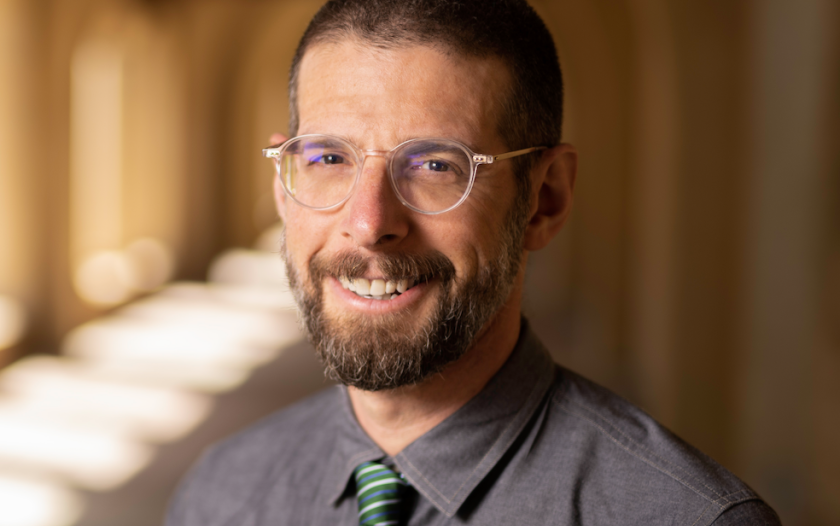
Jeremy Goldhaber-Fiebert, School of Medicine
Infectious disease in prisons and jails
Incarcerated people, many of whom are members of racial and ethnic minorities, have worse health outcomes than free populations. Infectious diseases - including new pathogens like COVID-19, as well as influenza, HIV, and hepatitis C - threaten the health of residents in jails and prisons and surrounding communities. Professor Goldhaber-Fiebert will work with a team to explore how data analytics, decision science, simulation modeling, and infectious disease epidemiology can improve the health of residents of California state prisons and enhance preparedness for future epidemics.
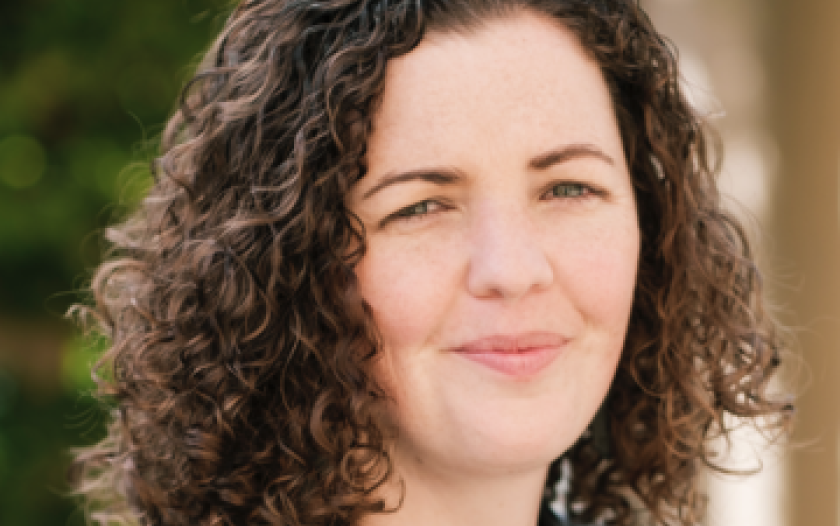
Melanie Morten, Department of Economics
Migration as development
Migration, urbanization, and refugee flows are increasingly important national and global issues. Professor Morten will focus on the economic impacts of migration and work with partners to design programs and policies that generate the most significant benefits to the world’s most impoverished people.
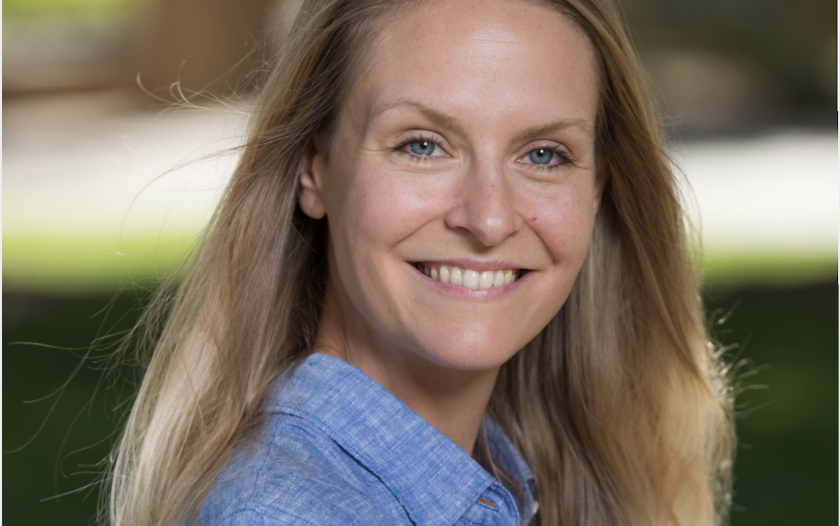
Petra Persson, Department of Economics
Depression and anxiety among women and girls
In the United States, one in five teen girls and one in eight new moms will suffer from depression and anxiety, putting them at higher risk of drug abuse, isolation, and even suicide. Contrary to most physical health conditions, the incidence of mental illness is increasing, especially among socioeconomically disadvantaged groups. Professor Persson will work with partners to explore how technological solutions could promote mental health equity by reducing depression and anxiety among women and girls.
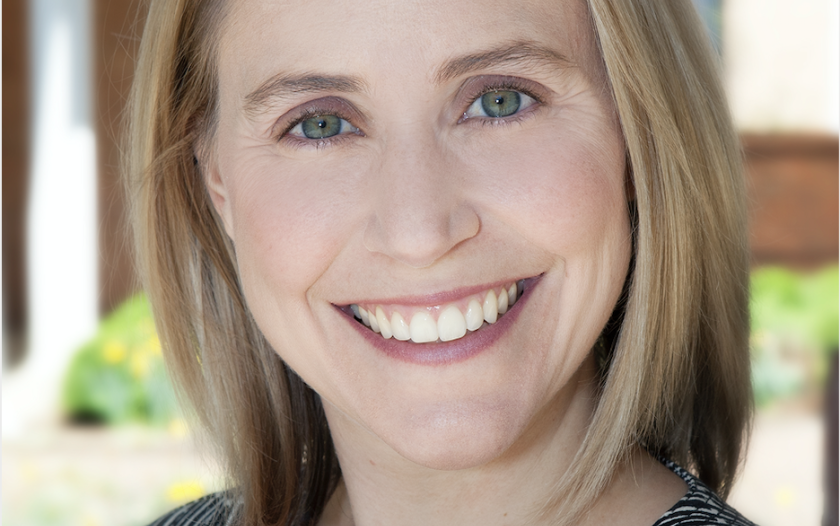
Rebecca Silverman, Graduate School of Education
Combining attention to language, literacy, and social emotional skills to support early childhood development in underserved communities
Robust language, literacy, and social-emotional skills are important for children's success in school and beyond. Focusing on these areas is critical in early childhood education, especially for children from underserved communities and children who have experienced stress or trauma. Professor Silverman is working with The Primary School and Sesame Workshop to study and help implement curriculum that combines attention to language, literacy, and social emotional skills for 3- and 4-year-old children that will be free and widely available to early childhood educators and schools.
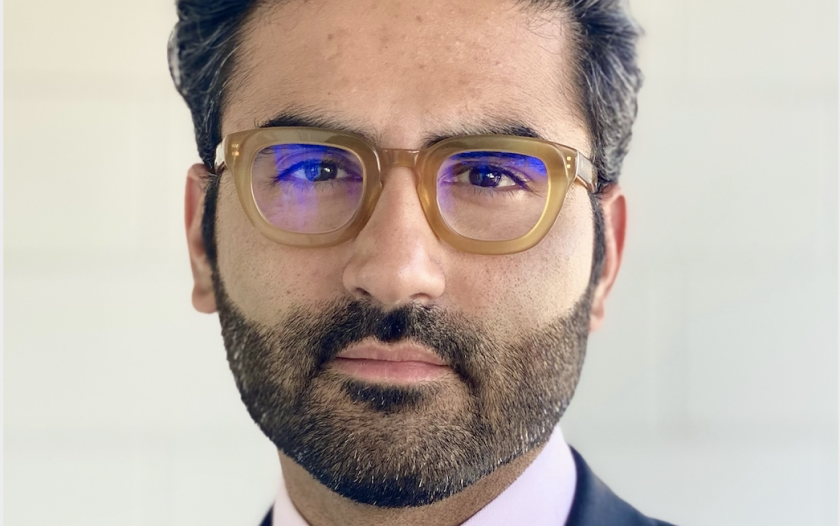
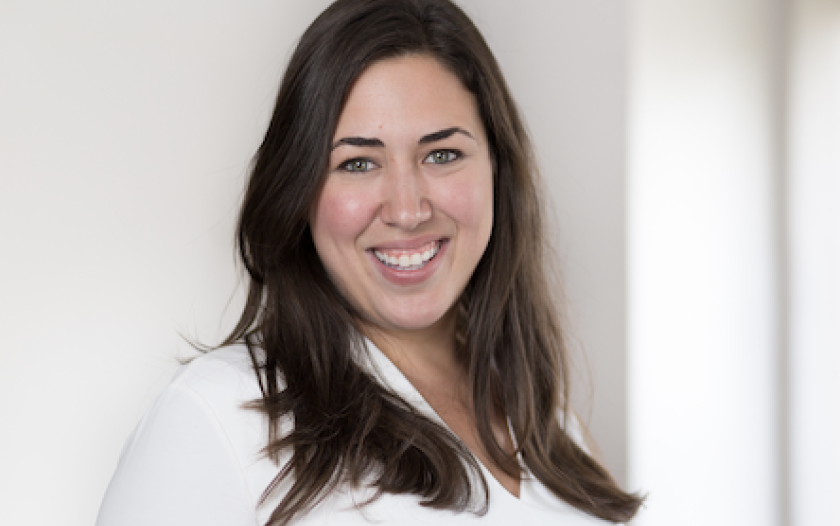
Saad Gulzar and Soledad Aritz Prillaman, Department of Political Science
Representation of marginalized peoples in South Asia policy decisions
Women, indigenous tribes, and other marginalized populations in South Asia are underrepresented in political spaces, which limits their voice in policy-making. This contributes to persistent and intractable inequalities in policy access and social outcomes. Professors Gulzar and Prillaman are working with partners in South Asia to design interventions that promote the voice of marginalized communities in the policymaking process.
